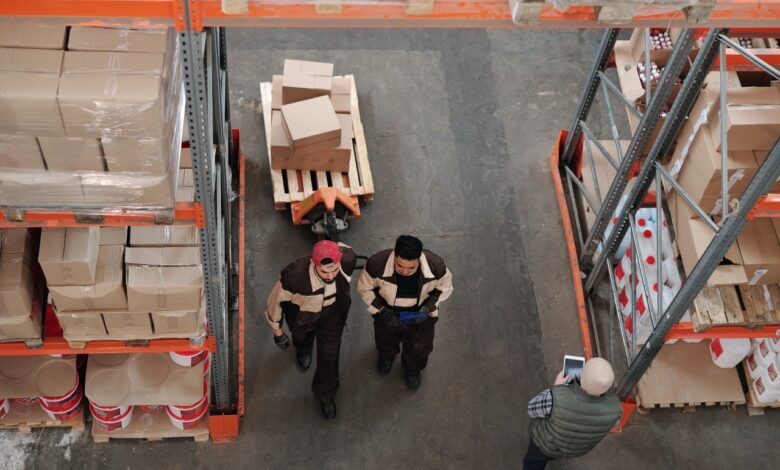What are the advantages of heat-treated pallets?

Since the first of January, British companies (or individuals) wanting to send goods to Europe on pallets must ensure they are ISPM15 compliant. ISPM certification means they have been treated to destroy potential insect or fungal pests that might be lurking inside the pallet (ISPM stands for International Standards for Phytosanitary Measures). The ISPM15 standard is required by many countries around the world and also applies to wooden crates and drums.
There are numerous pallet specifications used in different regions. Their construction, dimensions and sanitary treatments always vary. When transporting goods within a single country or trade bloc, this is not usually a big concern – your haulier may specify a particular sized pallet (for example the Euro-pallet) but if you don’t cross a customs border, sanitary certification does not normally come into play. Since leaving the EU, however, Europe has reverted to foreign country status and your goods will be stopped at customs if they aren’t fully compliant. It makes sense to only use ISPM15 certified Euro-pallets in the first place to avoid costly mistakes.
Treating new wooden pallets
Not all pallets are subject to the regulations. The processes by which synthetic woods such as plywood, block-board or hardboard are produced involve higher temperatures than those required to sanitise new wooden pallets. So, they are exempted from ISPM15. However, those materials have other disadvantages compared to natural timber (weight, durability, price, damp resistance, standardisation and so on). That’s why treated timber is usually the best option.
To be certified, pallets must be sterilised by one of four methods, the most popular of which is kiln heating. However, never assume that all heat-treated pallets in London are automatically compliant. Heating and drying timber changes its qualities in a number of useful ways. Therefore is often carried out by timber yards for reasons other than ISPM compliance. Conversely, pallets that have not been heat-treated may be compliant if they have been fumigated or desiccated in accordance with an approved method.
Four treatment methods are approved. They include chemical treatment (usually with Methyl Bromide or Sulphuryl Fluoride) and three types of heating. The first (and most common) involves kiln heating to a minimum of 56ºC for 30 minutes. An alternative is kiln drying at a lower temperature for a much longer period. A recently added fourth option is microwave heating to 60ºC for one minute. All of these methods require strict quality control so, for example, the heating must be constant, uniform and measurable.
Advantages of heat-treated pallets
Heat is a reliable way to destroy fungi and common insect problems including Isoptera, nematodes, Anobiidae, Cerambycidae and most other genera. Unlike pesticides, it is safe, does not leave a noxious odour. It will not contaminate goods subsequently shipped on those pallets.
Heat treatments provide significant additional advantages. One of interest to shippers is often weight – they become lighter. It also toughens the wood and creates a harder surface less prone to future penetration by boring insects. The wood’s moisture content is reduced and it resists taking up more so it is less likely to rot and its lifespan is extended. Finally, it stabilises the shape and dimensions of the timber. So it will not expand, contract or warp which can be an important consideration during stacking, shipping, storage or mechanical handling.
Sourcing heat-treated pallets in London
So, not all heat-treated pallets in London are fit for international freight. Secondly, even if new wooden pallets have been treated exactly as specified in ISPM15. They are still not compliant unless the treatment was performed by a properly registered company and the correct marks have been applied to the pallet. There have been problems with counterfeit pallets so it is important to verify your pallet supplier’s accreditation.
The pallet producer or treatment company has to belong to UKWPMMP (the UK Wood Packaging Material Marking Programme). It is registered with the Forestry Commission (or an equivalent National Plant Protection Organisation if produced abroad).
The cost of timber and pallets is rising, partly because of COVID-19. Companies seeking to begin exporting post-Brexit are therefore advised to put in their orders as soon as possible.




